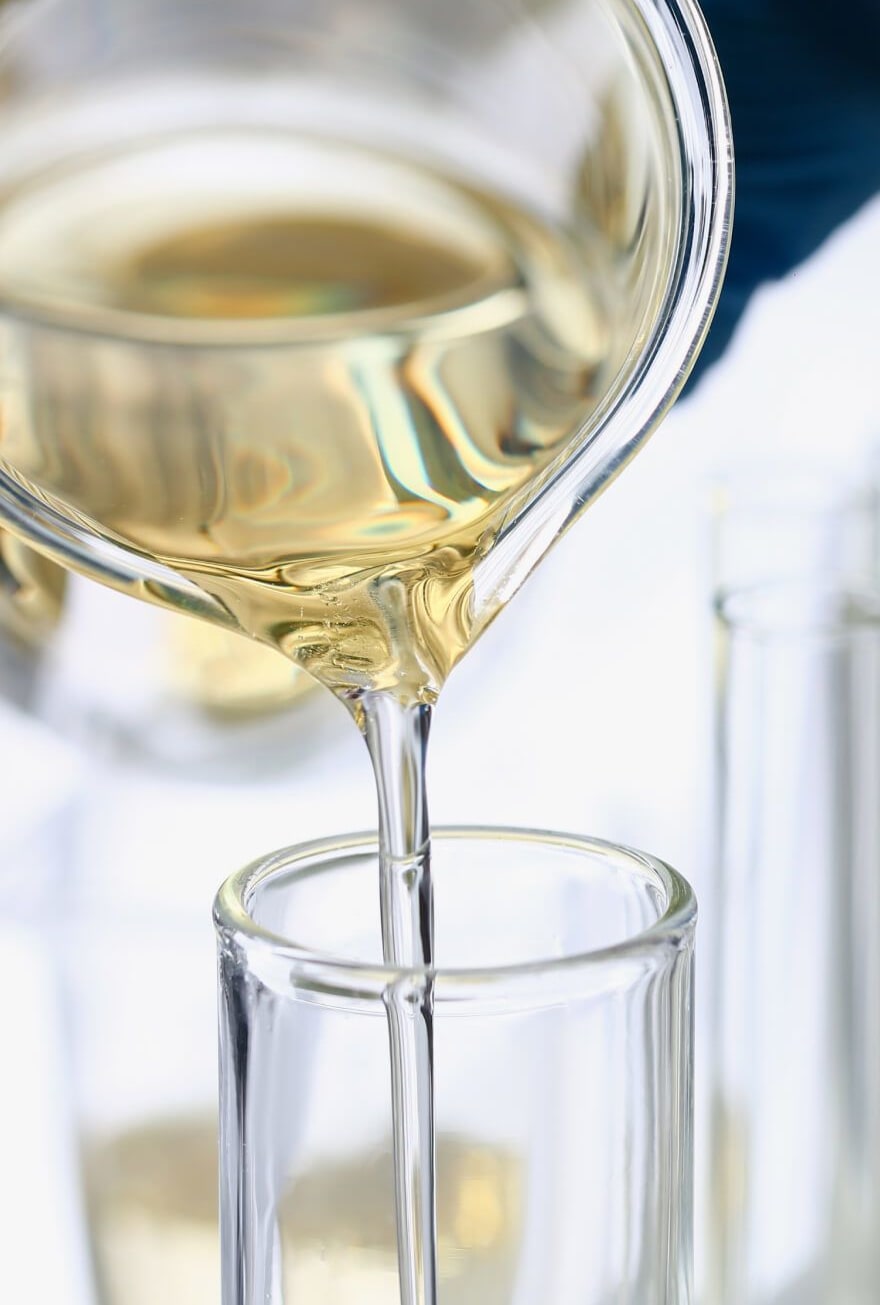Knowde Enhanced TDS
Identification & Functionality
- Chemical Family
- Fluids & Lubricants Functions
- CAS No.
- 9003-11-6
- EC No.
- 618-355-0
Features & Benefits
- Base Chemicals Features
- Fluids & Lubricants Features
- Biodegradability
Publicly available data shows this type of chemistry to be inherently biodegradable.
- Product Benefits
- 100% active
- Standard emulsifier chemistries
- Hard water tolerant
- Metal cleaning components, low foaming and coupling agent capabilities
Functional Characteristics.
STEPAN® MWA Products Product Class Sub-Class Functional Characteristics Emulsification Lubricity Antifoaming Metal Cleaning Hard Water Tolerance Antimisting Corrosion Inhibition Coupling Agent Biocidal Inert 200 Series Alkoxylates Castor Oil X X Alcohol X X X X X X Nonyl Phenol X X X EO/PO Polymers X X
Applications & Uses
- Markets
- Applications
- Fluids & Lubricants Type
- Base Chemicals End Uses
- Fluids & Lubricants End Use
Properties
- Physical Form
- Appearance
- Clear liquid (at 25°C)
- Typical Properties
| Value | Units | Test Method / Conditions | |
| Actives Content | 100 | % | — |
| Average Molecular Weight | 2650 | g/mol | — |
| Blender Foam Height (at 25°C, in 0.1% aqueous, 5 minutes) | 2 | mm | — |
| Blender Foam Height (at 25°C, in 0.1% aqueous, Initial) | 33 | mm | — |
| Cloud Point (in 1% aqueous solution) | 46 | °C | — |
| Cloud Point (in 10% aqueous solution) | 31 | °C | — |
| Color | max. 80 | — | Apha Scale |
| Density (at 25°C) | 1.05 | g/ml | — |
| Density (at 38°C) | 1.04 | g/ml | — |
| Draves Wetting (at 25°C , in 1.0% / 0.1% aqueous) | min. (90 / 90) | sec | — |
| Flash Point | min. 94 | °C | PMCC Flash Point Tester |
| HLB | 12 | — | — |
| Hydroxyl Value | 43 | mg KOH/g | — |
| Interfacial Tension with Light Mineral Oil (in 0.1% aqueous) | 17.5 | dynes/cm | — |
| pH (in 2.5% aqueous) | 6.5 | — | — |
| Pour Point | 10 | °C | — |
| Regulated Volatile Organic Chemicals | 0 | % | U.S. EPA |
| Ross-Miles Foam Height (at 25°C, in 0.1% aqueous, 5 minutes) | 0 | mm | — |
| Ross-Miles Foam Height (at 25°C, in 0.1% aqueous, Initial) | 2 | mm | — |
| Ross-Miles Foam Height (at 50°C, in 0.1% aqueous, 5 minutes) | 0 | mm | — |
| Ross-Miles Foam Height (at 50°C, in 0.1% aqueous, Initial) | 0 | mm | — |
| Solubility in Water (at 25°C) | min. 10 | wt% | — |
| Surface Tension (in 0.1% aqueous) | 45.2 | dynes/cm | — |
| Viscosity (at 25°C) | 531 | cPs | — |
| Viscosity (at 38°C) | 255 | cPs | — |
| Water Content | max. 0.2 | % | — |
Regulatory & Compliance
- Certifications & Compliance
- Chemical Inventories
- Clearances
The international inventories (country clearances) of STEPAN MWA-263 can be found in Section 15 of the Safety Data Sheet (SDS). It is the responsibility of the formulator to review the chemical control regulations for each country where the end-product is intended to be sold or used.
Storage & Handling
- Storage & Handling
- Normal safety precautions (i.e., gloves and safety goggles) should be employed when handling STEPAN MWA-263. Contact with eyes, nose or prolonged contact with skin should be avoided. Wash thoroughly after handling STEPAN MWA-263. See SDS for more information.
- Non-Bulk Storage Recommendations: STEPAN MWA-263 should be stored in closed containers and kept in a cool, dry place away from incompatible materials (see Section 10 of the SDS). If material is frozen, it may be fluidized by warming with a drum heater or in a steam room. Drums should be vented prior to heating to avoid excessive pressure build up.
- Bulk Storage Recommendations: STEPAN MWA-263 should be stored in vessels of 316 stainless steel, but carbon steel is adequate assuming effective moisture exclusion. Elevated storage temperature may be desirable to maintain ease of pumping.
- Product temperatures over 122°F (50°C) are not recommended.

